#shunsuke kubozuka
Text



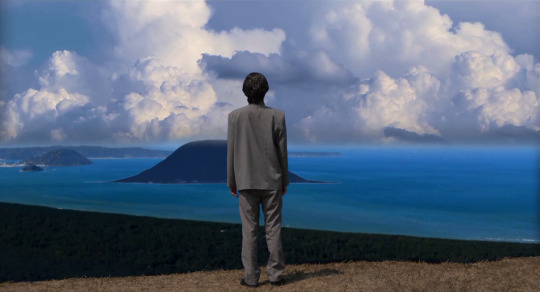


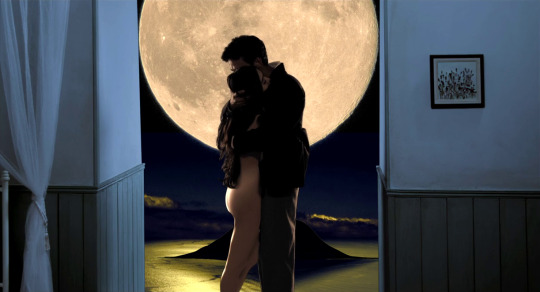



Hanagatami (2017) | dir. Nobuhiko Ōbayashi
#hanagatami#nobuhiko obayashi#honoka yahagi#shunsuke kubozuka#films#movies#cinematography#scenery#screencaps
177 notes
·
View notes
Text
Last Words (2007)
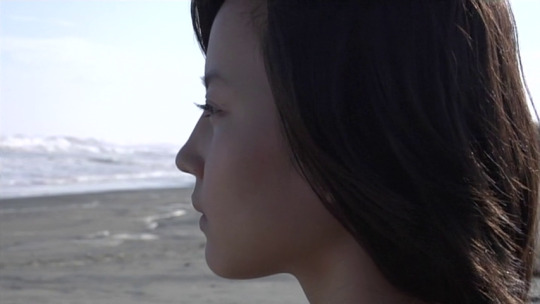
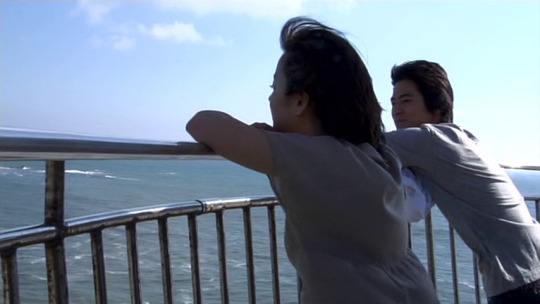
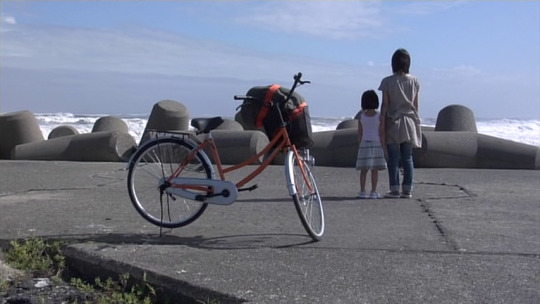

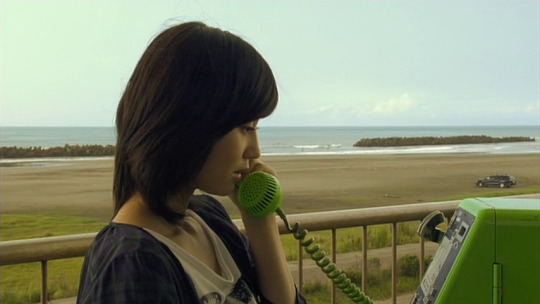
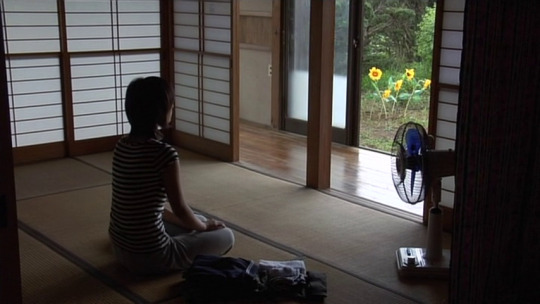
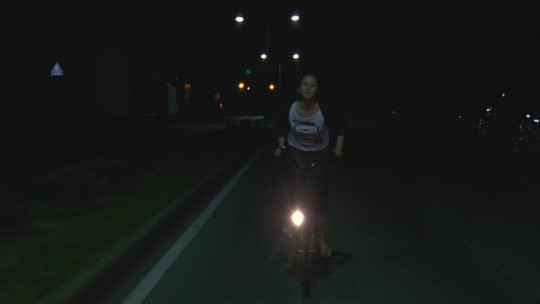
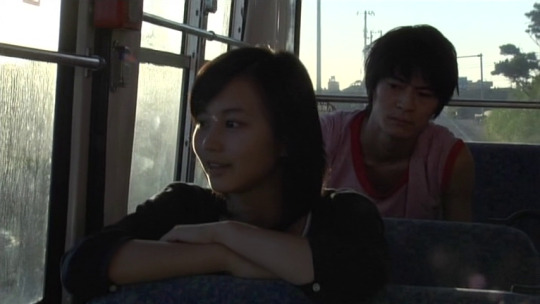
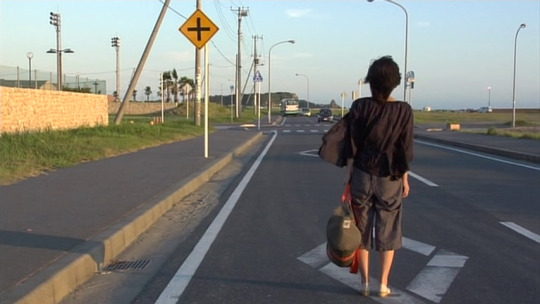
恋する日曜日 私。恋した Last Words (2007)
directed by Ryuichi Hiroki
#恋する日曜日 私。恋した#japanese cinema#japanese movies#stills#ryuichi hiroki#maki horikita#shunsuke kubozuka#asian film#2000s
11 notes
·
View notes
Text

Movie
「オジさん、劇団始めました。」
Cast
Ikkei Watanabe
Kyosuke Yabe
Ayane
Kazuya Tanabe
Masaaki Nakano
Nobuaki Kume
Sakiko Nishiyama
Shunsuke Kubozuka
Yo Aoi
Himena Tsukimiya
Naoki Inukai
Kyoka Isohara
Hijiri Hirooka
Kosuke Takahashi
Momoka Ito
Yui Misawa
Sanae Miyata
and so more...
Director / Story : Koki Yamamoto
0 notes
Photo

Hanagatami
directed by Nobuhiko Ōbayashi, 2017
#Hanagatami#Nobuhiko Ōbayashi#movie mosaics#Honoka Yahagi#Keishi Nagatsuka#Tokio Emoto#Shunsuke Kubozuka
4 notes
·
View notes
Photo
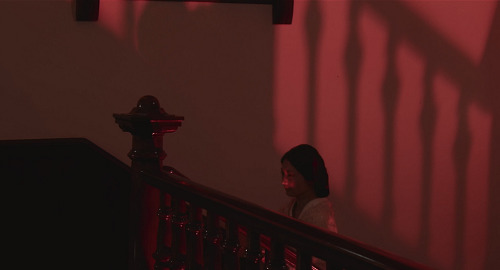
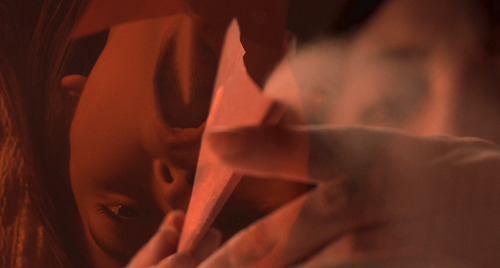
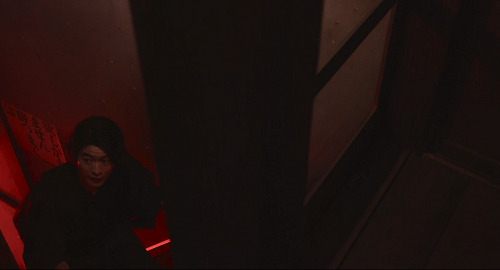
映画『花筐 (2017) · Nobuhiko Obayashi
31 notes
·
View notes
Photo
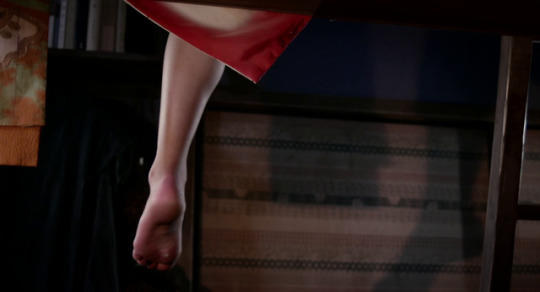
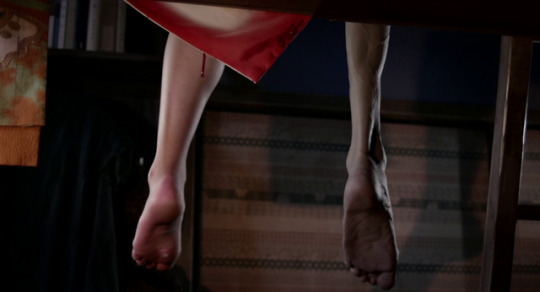
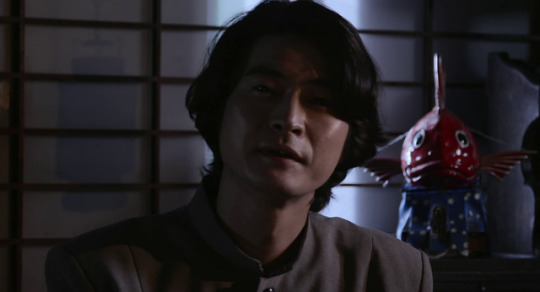
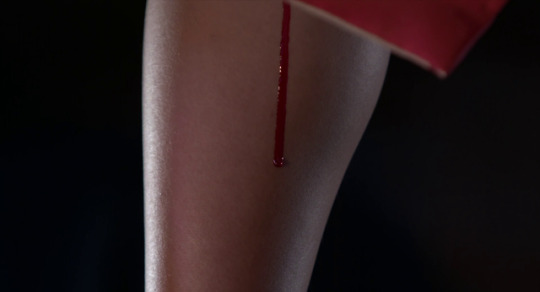
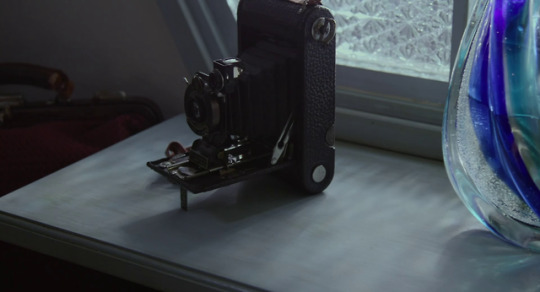
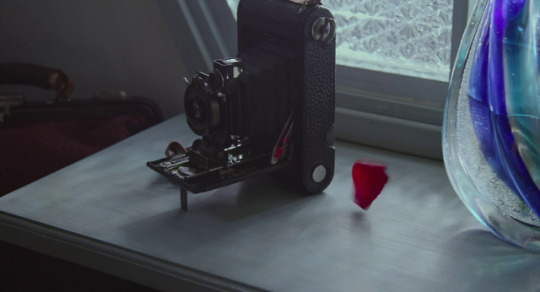

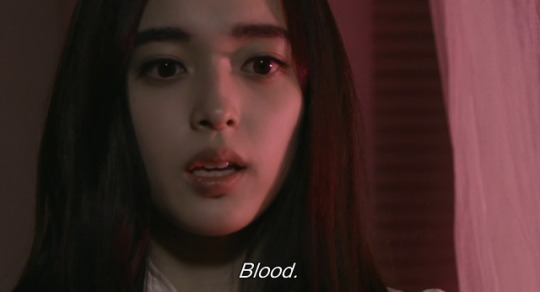
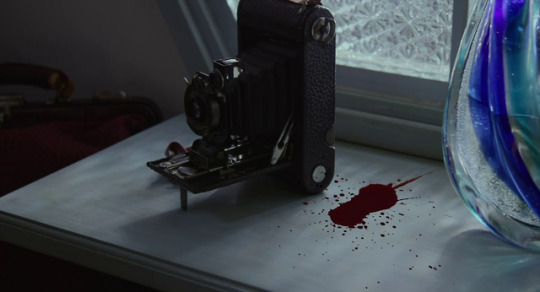
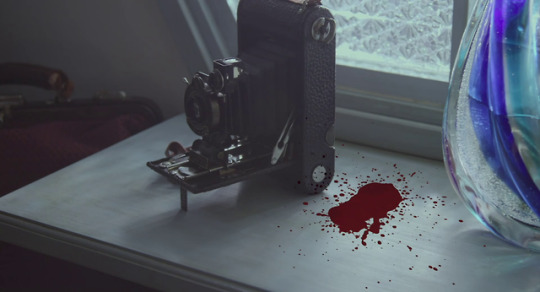
Hanagatami (Nobuhiko Ôbayashi, 2017).
#nobuhiko Ôbayashi#hanagatami#hanagatami (2017)#chiho katsura#shunsuke kubozuka#keishi nagatsuka#hisaki sanbongi#Toshiharu Aida#Kôichi Takeuchi#akihiro nakamura#Koichi Fujisaki#Shigeru Moriwaki
38 notes
·
View notes
Photo
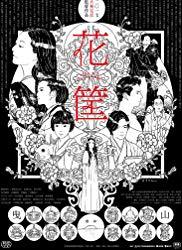
Hanagatami (2017) Nobuhiko Ôbayashi 16-02-2019 Visually striking with some interesting compositing effects, but the story seemed to drag too much
#hanagatami#2017#nobuhiko ôbayashi#japan#shunsuke kubozuka#shinnosuke mitsushima#keishi nagatsuka#tokio emoto#honoka miki#hirona yamazaki#mugi kadowaki#takako tokiwa
0 notes
Photo
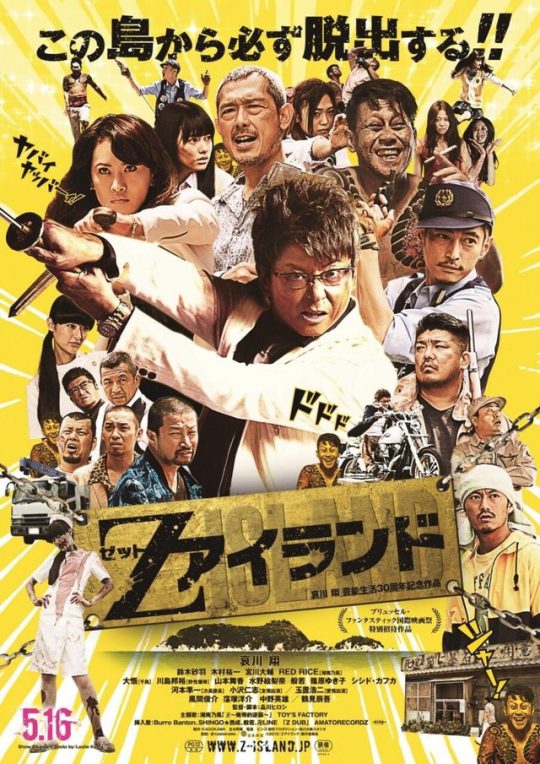
Deadman Inferno 2015
#Deadman Inferno#Z airando#Hiroshi Shinagawa#Shō Aikawa#Daigo#Han'nya#Kunihiro Kawashima#Shunsuke Kazama#Yuichi Kimura#Noemi Krapecz#Yōsuke Kubozuka#Daisuke Miyagawa#Erina Mizuno#Hideo Nakano#Hitoshi Ozawa#Red Rice#Yukiko Shinohara#Kavka Shishido#Sawa Suzuki#Maika Yamamoto#Poster#Japanese
14 notes
·
View notes
Text
Historically Inspired Netflix Anime Yasuke Fills Out Its Cast With New Japanese Teaser Trailer
Yasuke, the TV anime inspired by an African man who served under Oda Nobunaga in the 1500s, released a brand new teaser trailer today for Japanese audiences and revealed the Japanese cast for the series, which includes half-Black, half-Japanese actor Jun Soejima in his first anime role as the titular character in Japanese while Lakeith Stanfield voices Yasuke in English.
youtube
The Japanese cast includes a wide variety of actors, including those seen in live-action productions (Jun Soejima), and even in their debut roles in Japanese media (Kiko Tamura):
Jun Soejima will be voicing Yasuke
Takehiro Hira will be voicing Oda Nobunaga
Kiko Tamura will be voicing Saki
Yoshiko Sakakibara will be voicing Yami no Daimyоo
Fusako Urabe will be voicing Natsumaru
Shigeru Ushiyama will be voicing Abraham
Yu Kamio will be voicing Morisuke
Eri Kitamura will be voicing Ishikawa
Kenji Kitamura will be voicing Achоja
Shunsuke Kubozuka will be voicing Hart
Hiroki Nanami will be voicing Nikita
Rie Tanaka will be voicing Ichika
Japanese poster for the series:
Yasuke is be premiering on Netflix on April 29, with LeSean Thomas directing the series at MAPPA. Netflix describes the six-episode as such:
In a war-torn feudal Japan filled with mechs and magic, the greatest ronin never known, Yasuke, struggles to maintain a peaceful existence after a past life of violence. But when a local village becomes the center of social upheaval between warring daimyo, Yasuke must take up his sword and transport a mysterious child who is the target of dark forces and bloodthirsty warlords.
Source: Comic Natalie
----
Daryl Harding is a Japan Correspondent for Crunchyroll News. He also runs a YouTube channel about Japan stuff called TheDoctorDazza, tweets at @DoctorDazza, and posts photos of his travels on Instagram.
By: Daryl Harding
2 notes
·
View notes
Text
Yasuke, svelato il cast giapponese dell’anime Netflix
L’originale miniserie storica creata da LeSean Thomas e MAPPA arriverà in streaming dal 29 aprile.
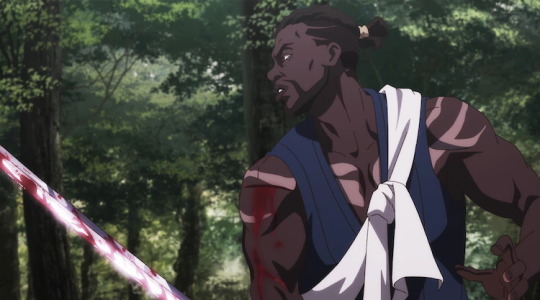
Netflix ha svelato il cast nipponico di “Yasuke”, pubblicando la versione giapponese del trailer uscito un paio di settimane fa.
L’originale serie animata, prodotta in collaborazione con LeSean Thomas (Children of Ether, Cannon Busters, The Boondocks) e lo studio MAPPA (Jujutsu Kaisen, Dorohedoro), sbarcherà in streaming sulla piattaforma il 29 aprile e sarà composta in tutto da 6 episodi.
youtube
Il cast giapponese è composto da:
Yasuke: Jun Soejima
Oda Nobunaga: Takehiro Hira
Saki: Kiko Tamura
Yami no Daimyou: Yoshiko Sakakibara
Kamaru: Fusako Urabe
Abraham: Shigeru Ushiyama
Morisuke: Yuu Kamio
Ishikawa: Eri Kitamura
Achouja: Kenji Kitamura
Haruto: Shunsuke Kubozuka
Nikita: Hiroki Nanami
Ichika: Rie Tanaka
Di seguito potete invece vedere la locandina realizzata per il debutto in Giappone dell’anime.
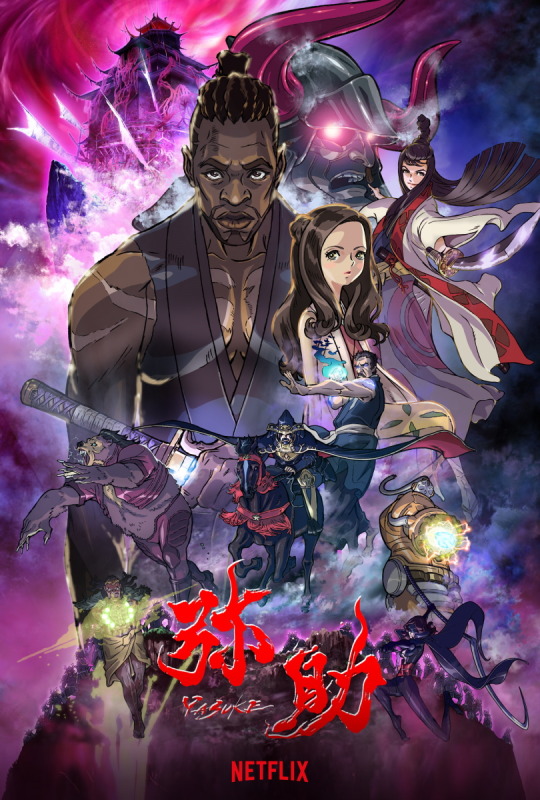
Il soggetto originale è ad opera di LeSean Thomas, che ha fatto anche da regista e produttore esecutivo. Il character design è stato curato da Takeshi Koike (Redline, Lupin the 3rd - Ishikawa Goemon getto di sangue), mentre le musiche sono state composte da Flying Lotus (Blade Runner: Black Out 2022).
È arrivato dall'Africa e ha lottato a fianco di un potente signore feudale nel Giappone violento del ‘700. Lo chiamavano il Samurai Nero ed è diventato una leggenda.
Il protagonista si basa sulla figura storica omonima: Yasuke era infatti un samurai di origine africana al servizio di Oda Nobunaga. Nella versione ingelse della serie sarà interpretato dall’attore e rapper statunitense Lakeith Stanfield.
* NON VUOI PERDERTI NEANCHE UN POST? ENTRA NEL CANALE TELEGRAM! *
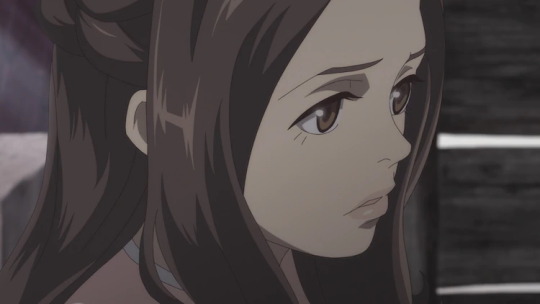
Autore: SilenziO))) - Twitter @s1lenzi0
[FONTE]
1 note
·
View note
Text
Hanagatami -Official Trailer 2017- Espace Sarou
New Post has been published on https://goo.gl/q29sgz
Hanagatami -Official Trailer 2017- Espace Sarou
Based on Kazuo Dan's 1937 novella, Director Nobuhiko Obayashi, whose surreal phenomenon 'House (Hausu)' became an international cult classic, achieves his filmmaking dream of forty years with his new feature 'Hanagatami'. In the spring of 1941, sixteen-year-old Toshihiko leaves Amsterdam to attend school in Karatsu, a small town on the western coast of Japan, where his aunt Keiko cares for his ailing cousin Mina. Immersed in the seaside's nature and culture, Toshihiko soon befriends the town's other extraordinary adolescents as they all contend with the war's inescapable gravitational pull. With his memories as a survivor of World War II echoing in the uncertainty of world events unfolding today, director Obayashi returns us to 1941, a pivotal time for Japan, as the unstoppable momentum of war forcibly seized the lives of youth away to battlefields where they disappeared forever. In dazzling, full-bloom Obayashi style, 'Hanagatami' captures the passion, innocence, and struggle of the ... Directed by: Nobuhiko Ôbayashi Cast: Shunsuke Kubozuka, Shinnosuke Mitsushima, Keishi Nagatsuka (function(d,s,id)var js,stags=d.getElementsByTagName(s)[0];if(d.getElementById(id))return;js=d.createElement(s);js.id=id;js.src="http://g-ec2.images-amazon.com/images/G/01/imdb/plugins/rating/js/rating.min.js";stags.parentNode.insertBefore(js,stags);)(document,'script','imdb-rating-api');
#drama#Hanagatami#Japanese#Keishi Nagatsuka#Nobuhiko Ôbayashi#Shin'nosuke Mitsushima#Shunsuke Kubozuka
0 notes
Photo

[Announcement] 舞台「鉄コン筋クリート」(butai tekkonkinkreet)
the show will be running from November 18th, 2018 to November 25th, 2018 (Tokyo) @ 天王洲 銀河劇場 (The Galaxy Theatre)
Cast:
Wakatsuki Yumi as Kuro (クロ)
Mito Natsume as Shiro (シロ)
Taniguchi Masashi as Snake (蛇)
Ware Zendou as The Boss (組長)
Funaki Masahide as Choco (チョコラ)
Tachibana Tekari as Vanilla (バニラ)
Katou Yasuhisa as Fukusuke (福助)
Nitta Kenta as Tiger (虎)
Kong Kuwata as Fujimura (藤村)
Tamaoki Reo as Sawada (沢田)
Yamashita Seiji as Adachi (安達)
Kakikawa Yuuki as Oota (大田)
Shinbaru Minami as Akemi (朱美)
Saitou Kumiko as Dawn (朝)
Kihara Miyu as Dusk (夜)
Kaou Osamu as Genroku (源六)
Kubozuka Shunsuke as Kimura (木村)
Nakanishi Ryouta as Suzuki (鈴木)
homepage
twitter
natalie
#鉄コン筋クリート#tekkonkinkreet#若月佑美#wakatsuki yumi#三戸なつめ#mito natsume#谷口賢志#taniguchi masashi#我善導#ware zendou#船木政秀#funaki masahide#橘輝#tachibana tekari#加藤靖久#katou yasuhisa#新田健太#nitta kenta#コング桑田#kong kuwata#玉置玲央#tamaoki reo#山下征志#yamashita seiji#書川勇輝#kakikawa yuuki#新原美波#shinbaru minami#齋藤久美子#saitou kumiko
6 notes
·
View notes
Text
Tráiler y nueva imagen del anime Yasuke
Nueva entrada publicada en https://www.animefagos.com/2021/04/27/trailer-y-nueva-imagen-del-anime-yasuke/
Tráiler y nueva imagen del anime Yasuke

El staff del anime Yasuke ha publicado un nuevo tráiler e imagen promocional del anime. Las voces anunciadas son: Jun Soejima como Yasuke. Takehiro Hira como Nobunaga Oda. Kiko Tamura como Saki. Yoshiko Sakakibara como Yami no Daimyо̄. Fusako Urabe como Natsumaru. Shigeru Ushiyama como Abraham. Yu Kamio como Morisuke. Eri Kitamura como Ishikawa. Kenji Kitamura como Achо̄ja. Shunsuke Kubozuka como Hart. Hiroki Nanami como Nikiita. Rie Tanaka como…
0 notes
Text
Discover this avant grade war drama 40 years in the making
Based on the first book by Kazuo Dan, Nobuhiko Obayashi’s Hanagatami caps off a trilogy of anti-war films which began with Casting Blossoms to the Sky and was followed by the director’s final film, Labyrinth of Cinema. As one character remarks towards the end of Hanagatami, it’s a testament to “life in Japan during the war, [that] was forgotten after the war.”
Although derived from a literary source, a lot of Obayashi’s own childhood is tied up in Hanagatami. Speaking in an interview included in the film’s home video release, the director speaks of his generation’s wilful avoidance of politics, and willingness to go along with what their government defined as justice. His film creates a fascinating tension between the carefreeness of his main characters and the knowing doom on the horizon, persistently suppressed until it’s simply too late.
Conceived even before the director’s Western breakout, Hausu, Hanagatami remained in development for 40 years, with Obayashi receiving his terminal cancer diagnosis just as the film was leaving pre-production. It’s fitting, then, that Hanagatami is a long and leisurely reflection on life and its value, and how easily it escapes us. The story follows 16-year-old Toshihiko, played by Shunsuke Kubozuka, who is some 25 years Toshihiko’s senior but brings plenty of youthful earnestness to the role.
Yet no matter how peaceful the landscape or how much people try to suppress or ignore it, war looms. The old-fashioned backdrops and colour-tinting bring a sort of heightened artificiality; every moment witnessed feels like a contained, rose-tinted act of remembrance. There are no flashy special effects at play, everything feels appropriately analogue in keeping with the French New Wave techniques that first inspired Obayashi in the 1960s. In the aforementioned interview, Obayashi speaks of the New Wave as a response to war, to the lasting wounds inflicted, so it makes perfect sense both thematically and personally for him to revisit this style of filmmaking.
Even his more laidback and less surrealist works have more than a touch of the experimental, such as his romantic coming-of-age sci-fi The Girl Who Leapt Through Time. In that film, Obayashi uses colour – and the absence of it – as an expressive tool, representing something going wrong with the passing of time.
Threads can be drawn from The Girl Who Leapt Through Time through to Hanagatami, which shares a similarly languid pace and idiosyncratic visual style. Obayashi was always interested in the potential of film not just as a temporal medium but as a texture to be altered and played with, using compositing, overlays, tinting and crude animation via drawing on frames. Hanagatami feels like another evolution of the director’s frenetic surrealism.
Both a showcase of and elegy for the youth stolen by war, Hanagatami is epic in length and scope but intimate in focus. It’s a film that mixes a sense of childlike innocence with the deep foreboding of Japan’s nationalist war as it creeps over the horizon – though we never see the physical effects of that war, the mental scars permeate every frame.
There’s a constant, intergenerational mourning running throughout the film, too. Not just one for Obayashi completionists, Hanagatami is a moving story of remembrance, for the boys who died fighting in Manchuria, and the boys who are about to go and die fighting the Americans; all of the life that was taken and is about to be taken.
Hanagatami is available on Blu-ray for the first time in the UK via Third Window Films on 6 July.
The post Discover this avant grade war drama 40 years in the making appeared first on Little White Lies.
source https://lwlies.com/articles/hanagatami-nobuhiko-obayashi-review/
0 notes
Text
2018 Japan Cuts Festival Preview
Hats off to the Japan Society's film programming team for assembling a remarkably strong line-up for this year's annual "Japan Cuts" program, a series of new and newly restored Japanese films by newcomers and established filmmakers, like horror director Kiyoshi Kurosawa and documentarian Kazuo Hara. Over the years, Japan Society has cultivated a devoted cinephile audience, and given attendees rare opportunities to see under-seen works by masters like Koji Wakamatsu, Kureyoshi Kurahara, and Kon Ichikawa. This year's "Japan Cuts" continues that trend by highlighting "Hanagatami" (pictured above), a vital new historical drama by Nobuhiko Obayashi, the director of the trippy 1977 cult classic "Hausu." Japan Society also screened Obayashi's "Seven Weeks" back in 2015, the same year that they gave Obayashi a fairly comprehensive, richly deserved, and well-attended career retrospective.
"Hangatami"—a sprawling WWII drama that follows a group of childhood friends who struggle to remain optimistic in the months before they are conscripted and/or left behind by their loved ones—is a master surrealist's passion project (Obayashi has wanted to make "Hanagatami" for almost 40 years). But it simultaneously does and doesn't feel like a film made by an older artist. Obayashi consistently undercuts optimistic student Toshihiko's (Shunsuke Kubozuka) rose-colored memories of his loved ones by representing their interactions with tons of green-screen computer graphics, as well as a plethora of hyper in-camera effects, choppy zooms, and seemingly unmotivated camera pans and match cuts. Characters dwell on and/or struggle to suppress traumatizing images—a deferred kiss, a soldier's uniform, blood on their shirts—while Kubozuka's grotesquely broad smiles and exaggerated line readings undermine his character's childish, head-strong drive to withdraw from society and/or enlist in the Emperor's army.
Obayashi's skepticism for his hopeful, desperate young characters is matched scene-for-scene by his contagious affection. He particularly dotes on Toshihiko, especially when Kubozuka's character tries in vain to stitch together his fragmented memories into a dream-like tapestry of regret and missed opportunities. And when Toshihiko inevitably must say "goodbye" to his companions, his optimism dissolves in weak sobs and unsentimental asides: "For Yoshihiko, his youth was like a game of hide and seek. It was dark before he knew it, and everybody had gone home." "Hanagatami" is bound to disappoint anybody who expects more where "Hausu" came from, but it will hopefully fascinate anyone with a taste for the vibrant, challenging films of Alain Resnais, Raul Ruiz, and Seijun Suzuki, the avant garde music of Scott Walker, or the modernist novels of Natsume Soseki.
Speaking of "vital" and "unsentimental:" check out "Abnormal Family," a masterfully perverse 1984 softcore "pink" pornographic film directed by Masayuki Suo. Suo is best known to American audiences as the helmer of "Shall We Dance," the feel-good 1996 romantic-comedy that was later remade into a tacky 2004 Jennifer Lopez vehicle. Unlike those relatively family-friendly films, "Abnormal Family" follows a sexually active young woman during her brief, but lively time staying with her husband and his family in her father-in-law's house. The film's sex scenes aren't particularly graphic—anything below the waistline is implied due to Japan's strict censorship laws—but they are appreciably kinky.
More importantly: "Abnormal Family" is probably the only homage to the masterful Japanese dramatist Yasujiro Ozu that also features nipple play, melting wax, and BDSM-style boudoir shenanigans. Suo's under-stated, static camerawork proves that he not only knows how to mimic Ozu's style, but also understands how simple, low-angle camera placement creates tension and gives viewers' insight into the subjective reality of Ozu's films. So when Suo places his camera to the side and in front of his cast members: we are overwhelmed by the actors' feelings. But when Suo places his camera to the side and behind his cast members, he subtly captures the reserved, lonely character of his protagonists.
Suo uses that knowledge to create playful, adversarial tension during dramatic scenes. Contrast these sequences with his sex scenes' relatively egalitarian close-ups: Suo pays special attention to—and doesn't just leer at—both male and female body parts in various states of undress. "Abnormal Family" is another acquired taste, but you'll never know if you've acquired it unless you give it a look.
Adventurous moviegoers would also do well to check out the formally audacious animated feature "Violence Voyager," a disturbing horror-fantasy about a pair of pre-teen boys who wander into a mysterious science-fiction-themed amusement park. The animation in "Violence Voyager" is mesmerizing: hand-painted characters are filmed (and move around using what appears to be popsicles or sticks) like shadow puppets on top of intricate, multi-layered backdrops, which are also almost entirely hand-painted (save for some live-action effects, like splashes of water or fake blood). I found the film's hand-crafted style to be so disarming that I didn't even realize how completely drawn in I was until the film's nightmarish plot—complete with illogical, unpleasant set pieces involving under-age nudity and violence—kicked into high gear. I can't say that I liked "Violence Voyager," but I was very impressed with it as a deeply personal reckoning with childhood sexual abuse. It's elusive, and sad, and completely id-driven in ways that most American animators would be far too uncomfortable to attempt.
I was also bowled over by another new animated film: "Night is Short, Walk On Girl," a psychedelic coming-of-age comedy from Masaaki Yuasa, the director of the brain-melting "Mind Game" and the underwhelming "Lu Over the Wall." "Night is Short, Walk On Girl" plunges viewers into a dense thicket of criss-crossing sub-plots, including stories about a vintage porn collector, a love-sick playwright who refuses to change his underwear until he's reunited with the object of his desire (they call him "Don Underwear"), and the Overdue Library Book Police. But the film's basic story concerns an unnamed young man (Gen Hoshino) who learns to be more like his would-be romantic conquest, the effervescent, resourceful, and hard-drinking "Girl with Black Hair" (Kana Hanazawa).
Yuasa frequently lets Hanazawa's co-lead take control of his Pynchon-level dense narrative, and gives her far more personality and agency than your average rom-com heroine. The film's many tangents are also complimented by Yuasa's typically dynamic animation style—imagine a unique mix of Max Fleischer's "Popeye" cartoons and Sharaku's caricature-like wood-block portraits—which blends hand-drawn animation with computer graphics. Like many of the best films at this year's "Japan Cuts" program, "Night is Short, Walk On Girl" invites close reading, and rewards patience and curiosity. This might be one of the best programs Japan Society has put together to date; I can't recommend it highly enough.
Japan Cuts 2018 runs from July 19-29. For more information, including tickets and showtimes, click here
from All Content https://ift.tt/2NZ8YM5
0 notes
Text
Film Review: ‘Tokyo Tribe’
#Figureskate #YosukeTakeuchi [Variety]Ryohei Suzuki, Young Dais, Nana Seino, Shota Sometani, Yosuke Kubozuka, Shota Sometani, Riki Takeuchi, Ryuta Sato, Kikoto Sakaguchi, Shoko Nakagawa, Takuya Ishida, Shunsuke Daito. Equal parts “The Warriors” and “Breakin’ 2: Electric Boogaloo ...
0 notes